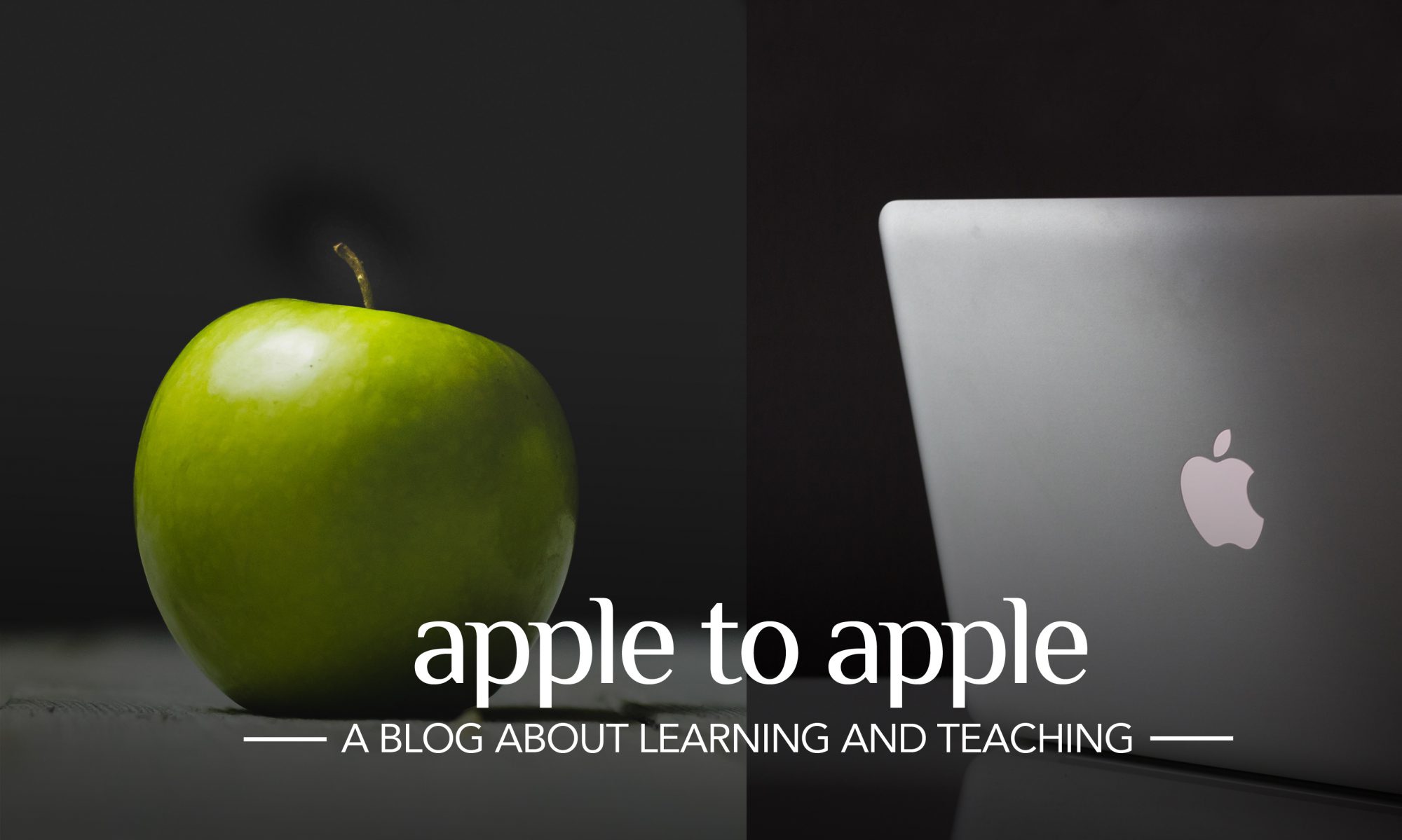“What have I failed to hear?”
This was the question I didn’t ask often enough during my first years in the classroom. Back then, I was too busy writing demerits and assigning detentions. All I could see was kids stomping from the room and overturning chairs and carving nasty words into desks.
So I exerted my power to squash insurrection and hoped for peace. Sometimes I managed to send resentment underground and achieve an uneasy ceasefire. But it didn’t last, because there is always something behind anger. And as long as the cause remains, frustration is sure to roil up again.
Sometimes I needed to change—to become less heavy handed with rules, less strident with my voice, or more skilled with classroom management. But often students brought rage into the classroom from the hallway or the bus or home or the courtroom.
Whatever the cause, the way through the anger in my classroom was for students to be heard and for me to learn from what they said.
“How can I be a better teacher for you?” I began to ask fuming students.
When they saw I actually wanted to know, they’d tell me. And after they saw me change, they’d often tell me plenty more besides—the raw deals of their lives, the torments of their minds, and how they felt caught in systems broken with poverty and racism and substance abuse. Hearing the anguish behind the anger almost always propelled me toward empathy and sometimes into advocacy.
At the ends of these talks, anger remained. But it was diminished. Someone was listening and responding. What they said mattered, actually made a difference.
Looking under anger to find what needs to be heard—this was perhaps my greatest weakness as a beginning teacher. But each time I managed to listen carefully, I was better able to reach past rules into relationship.


A word for our time. One of my favorite verses is Isa. 50:4. I regret the times I did not use an awakened ear or say the word God wanted me to hear.
LikeLike
Thank you, Janet. A good word!
LikeLike
Wonderful words of wisdom, Phyllis. So needed today!
LikeLike
Thanks, Phyllis, for your transparent reflection. If we (society generally and the church specifically), ever needed this kind of empathetic listening, it is now. May true listening transform my understanding.!
LikeLike
Yes, and my understanding, as well!
LikeLike
This is extremely helpful thinking. Thank you.
LikeLike